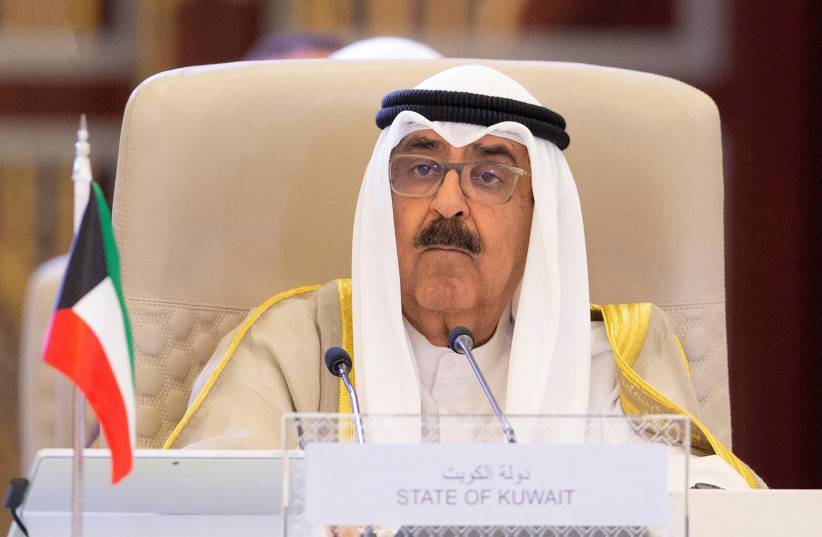Kuwait held its seventh general election in just over 10 years on Tuesday as the oil-rich Gulf state remains mired in political paralysis undermining hopes of economic reform.
For more stories from The Media Line go to themedialine.org
Last month, Emir Nawaf al-Ahmad al-Jaber Al Sabah dissolved the parliament and called for a general election in response to continued political tensions between the legislative and executive branches.
Kuwait adopted a parliamentary system in 1962. Since then, its parliament has been dissolved around a dozen times.
The repeated political crises over the past years have resulted in state paralysis.
How did Kuwait end up paralyzed by political crises?
In March, Kuwait’s Constitutional Court nullified the results of the 2022 elections, in which the opposition had made significant gains, and ruled that the previous parliament elected in 2020 be reinstated instead. That decision was then overturned by the emir in another dissolution of the parliament, leading to the current elections.

Kuwait is the only Gulf Arab state to have an elected legislative body with powers to hold the government accountable. Nearly 800,000 eligible voters had the chance to determine the makeup of the 50-seat parliament on Tuesday.
“We have political chaos,” Dr. Fahd al-Shulaimi, an adviser to the Kuwaiti Society for the Follow-up and Evaluation of Parliamentary Performance, told The Media Line. “There is frustration on the Kuwaiti street with the democratic process, with the deteriorating government performance, with the disputes between members of the National Assembly and the government.”
That frustration was evident in first-time voter and university student Abdel Jalil Enezi. “We need change, and we need the government and parliament to stop fighting and work together to save the future of our country,” he told The Media Line.
He said that the government of Kuwait is not meeting the needs of the average citizen, which he blamed on the lack of cooperation between the executive branch and the legislative branch.
“That’s why I came out today to cast my ballot and send a message that we care, and we will not stand idle. We want an active government that works on projects and meets at least part of the citizens’ needs,” Enezi said.
Many are calling for economic reforms, but a stalemate between the two branches of government has made passing such reforms an impossible task.
The tiny oil-rich gulf state, which borders Saudi Arabia and Iraq, is home to 7% of the world’s crude oil reserves. It has little debt and one of the strongest sovereign wealth funds of any country. Despite Kuwait’s wealth, there are widespread complaints from Kuwaitis that the country’s infrastructure and social services are collapsing.
Shulaimi said that roads, public salaries, and health services in Kuwait are not in keeping with the country’s wealth. He also noted that the country suffers from “administrative and financial corruption.”
Kuwait’s cabinet members are appointed by the ruling Al Sabah family, which maintains a strong grip over political life.
“We are loyal to the royal family, but there are a few members who have misused the public money and trust,” Al-Shulaimi said.
The emir, 85-year-old Nawaf al-Ahmad Al Sabah, has stepped back from political life in favor of the crown prince, 82-year-old Meshal al-Ahmad al-Jaber Al Sabah.
Shulaimi expressed concerns that the political crisis plaguing Kuwait would continue if the issues were not addressed.
“I have six children, and if we continue with this behavior and poor planning, they will be in danger. Let me sound the alarm because in ten years it will be too late,” he said.
